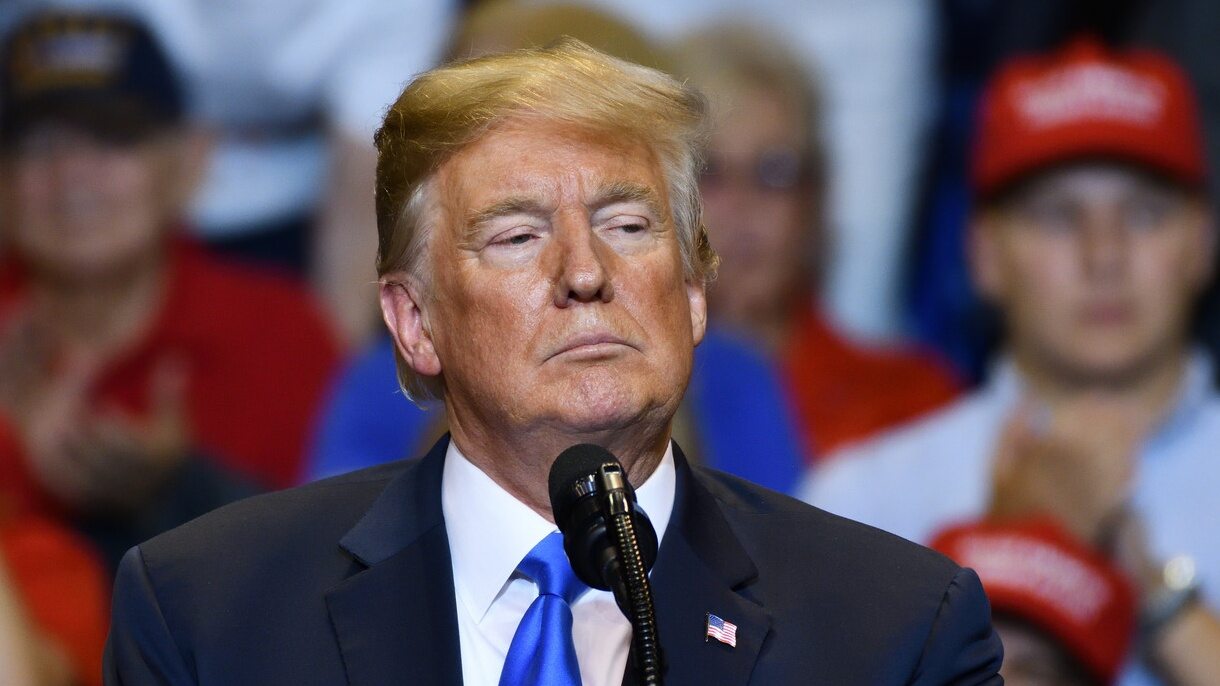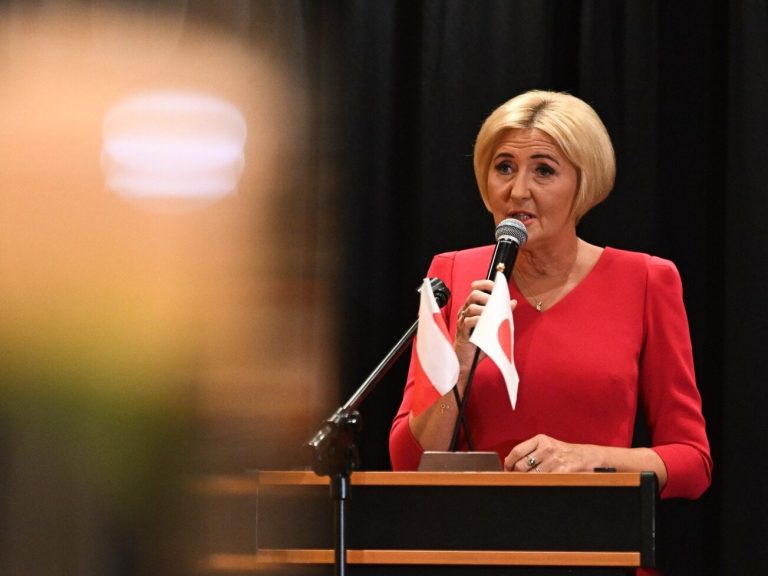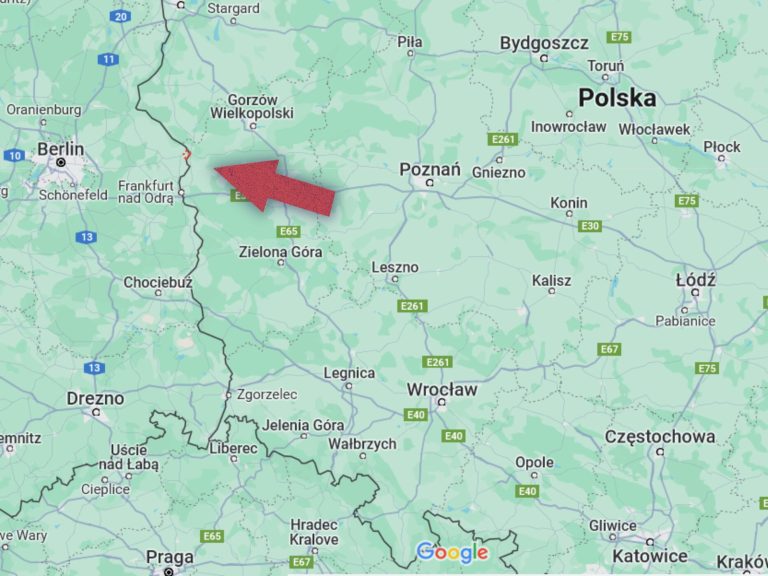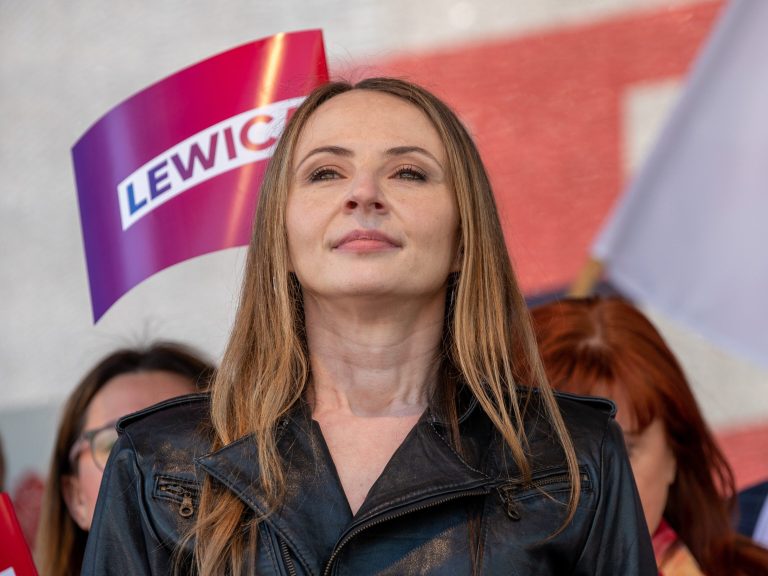This is how Trump and his lawyers wanted to reverse the election result. “Brave Strategy”

The New York Times published a previously unknown memo detailing a plan to use fake votes cast by electors supporting Trump in the 2022 election.
The previously unpublished memo was written by Kenneth Chesebro, a pro-Trump Wisconsin lawyer, in late 2020. It contained the first detailed description of the use of fake electoral lists of pro-Trump electors, which was supposed to reverse the election result and the loss of then-President Donald Trump to President Joe Biden.
A six-page memo published by The New York Times on Tuesday night was labeled a “Fraudulent Elector Memo” in the indictment of attorney Jack Smith in Washington last week. He accused Trump of conspiring to illegally overturn the 2020 election results. Trump pleaded not guilty.
Note from a pro-Trump lawyer
The December 6, 2020 memo was written by a lawyer identified by news outlets as one of six unnamed co-conspirators in Trump’s latest indictment. It was marked “privileged and confidential.” It was referred to James Troupis, who worked as a Trump campaign lawyer in late 2020 and questioned the vote count in Wisconsin.
The “fake electoral” strategy is one of the key charges leveled against Trump in the August 1 indictment for trying to invalidate the presidential election.
CNBC points out that the memo resembles another Keneth Chesebro sent to Troupis a month earlier. The lawyer argued that Trump could overturn Biden’s victory as late as January 6, 2021.
False electoral strategy
The December 6 memo proposed that groups of “electors” in six key Biden-winning states meet and cast fake votes for Trump. These votes would then be packaged to resemble real electoral votes and shipped to Washington. Under Chesebro’s plan, then-Vice President Mike Pence could then count Trump’s votes instead of real electoral votes during a joint session of Congress on January 6.
The plan was to be thwarted by former Vice President Mike Pence, who eventually told Trump and his allies that he was not constitutionally entitled to carry out their wishes. Trump, according to the indictment, told Pence he was “too honest”.
On Tuesday, August 1, former US President Donald Trump faced further criminal charges. This time, he was charged with illegally conspiring to overturn the 2020 presidential election result.
Electors typically vote for the candidate who won the general election in their state. Sometimes it happens that they do not vote for the person they supported during the campaign, which means that it may happen that the candidate who gets fewer votes than his opponent in the popular vote becomes president.






